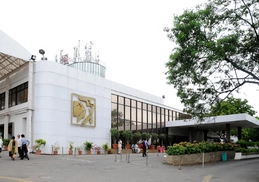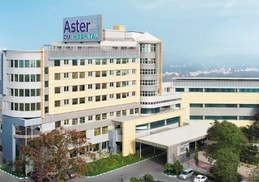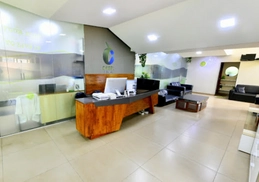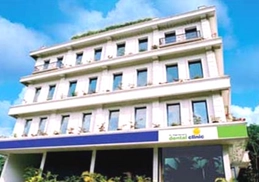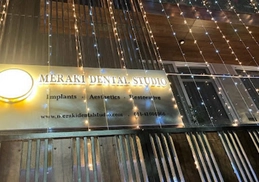Full mouth rehabilitation can take months, even up to a year to be completed. It depends on the specific procedures involved and the treatment rendered. Full mouth rehabilitation is carried out by an expert team of dentists specialised on various aspects of dentistry. The team comprises of –
• Periodontists - specialists in gum care
• Restorative dentists- specialists in conservative management of tooth through fillings, veneers etc.
• Endodontists- specialists in root canal treatments for diseases affecting the tooth pulp
• Prosthodontists- specialists in replacing missing tooth by removable dentures or fixed partial denture like dental bridges and crowns
• Oral surgeons - specialists in jaw surgeries
• Orthodontists - specialists in tooth movements
• Cosmetic dentists- specialising in smile design, tooth bleaching and other cosmetic procedures
The first step towards full mouth rehabilitation in India is to devise a proper treatment plan. It should incorporate the needs, necessities and the budget of the patient. A detailed discussion is done with the patient to explain the various treatment options, their advantages, disadvantages and cost involved. Once the doctor and patient agree on the treatment plan, the treatment is started. The usual steps involved are given below.
Restoration of the health of the gums- If the problems with the gums are minor in nature, a thorough cleaning of the tooth surface and the gums will be sufficient. This process is called scaling. If deep pockets are present in gums around a small number of teeth a procedure called curettage is done to remove them. Multiple deep pockets with associated bone loss may require a procedure known as flap surgery. The surgery aims to thoroughly debride the gums and reposition it to a higher plane.
Restoration of decayed tooth- Tooth decay may cause cavities in the tooth which may be small or large. Small painless cavities are filled with aesthetically pleasing filling materials like tooth coloured resins. Large cavities with or without pain may require root canal treatment (RCT) for correction. In RCTs, the pulpal portion of the tooth is removed from the root canal. The root canal is then filled up with an inert material called gutta percha.
Replacement of missing tooth- Tooth may be lost due to a variety of reasons. The missing teeth are replaced during full mouth rehabilitation. There are various techniques for replacing missing tooth. They include:
• Removable partial dentures- These dentures can be removed and washed by the patients. They are indicated if the mouth condition is not ideal for the placement of a fixed denture.
• Fixed partial dentures- Also called dental bridges, fixed partial dentures remain fixed in the mouth for a very long time. The most common material for making a fixed partial denture is porcelain or ceramic. Metal bridges may also be used under certain circumstances.
• Implants- Dental implants are the latest in the field of tooth replacement. In this procedure the implant is screwed into the jawbone and an artificial tooth is placed over it. Implants are made of strong but light metals and alloys. Implants are also used as anchors for bridges in situations where there is a long gap between natural teeth.
• Crowns- Tooth crowns are placed to reinforce a broken or fractured tooth as well as those treated by RCT. The materials used are ceramic or metal.
• Veneers- Veneers are used to restore the tooth surfaces that are grossly eroded or abraded.
Restoration of aesthetics- The procedures are done by a cosmetic dentist and involve smile design and correction.




